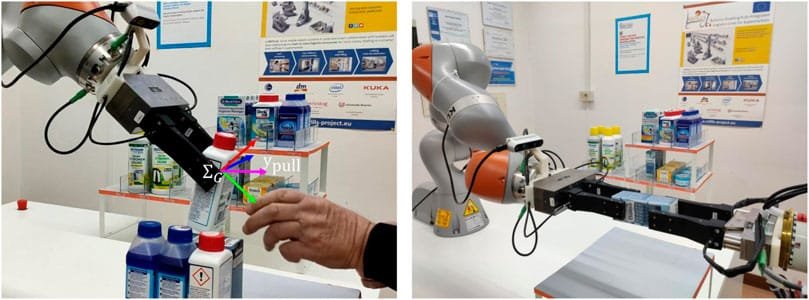We understood that it can be difficult for Oracle technology teams to pick up the required knowledge during the existing customers’ migration from our partner’s technology teams. We also understood that it can be difficult for Oracle technology teams to take on new customers’ operations when they just come on board. That’s why we initiated project governance to help the transition for all those projects for our Oracle technology teams in the past so they could progressively pick up the knowledge in stages as well as feel comfortable supporting the customers after the operations’ handover meeting. The following transition processes show the typical stages during project implementation.


When a customer acquires Oracle products and services, we initiate a new project with a project charter. This short formal document outlines the project’s scope, milestones, development, and objectives, as well as the roles and responsibilities of each party involved. Project charters grant approval for a project to commence. In project management, a charter enables a project to exist and empowers the project manager to execute the work and spend the project budget, similar to the legal definition of the word “charter”. If the stakeholders approve and sign off on the charter, the project will go forward into the planning phase.
In order to define the project scope, the customer’s requirements will first be collected in order to begin establishing the project’s size and boundaries. A project plan will then be created, outlining the main aspects such as goals, objectives, tasks, timeline, scope, due dates, and deliverables for all phases of the project lifecycle required by the team to complete the specific project. It establishes a baseline for all stakeholders and comprises a set of high-level action items that must be done in order to achieve the project’s objectives. Additionally, the project’s resources and staffing, budget, and purchases and acquisitions will be reviewed before it begins.
This project is being carried out by the Oracle project implementation team. It is the point at which the team’s plans come to fruition. Before the project can begin, everyone must agree on a common understanding. Effective kick-off meetings bring all important stakeholders together to go through the project’s objectives and how to achieve them. It is time for inquiries and concerns to be handled proactively. It’s also time to create comprehensive timelines and collaborate with everyone on the project strategy. Project managers will closely monitor the project’s progress and performance, track project status, identify potential issues, and adopt corrective actions as needed to keep the project on track and under budget.
Project closure is the essential final stage of the project management lifecycle. During project closing, the team evaluates the deliverables, comparing and testing their quality against the expected project outcome. The deliverables are being distributed to the project’s clients. Finally, a project closure determines the project’s success.
We look forward to seeing you on your journey to transform your business with Oracle Innovation and Oracle Fusion Applications.


